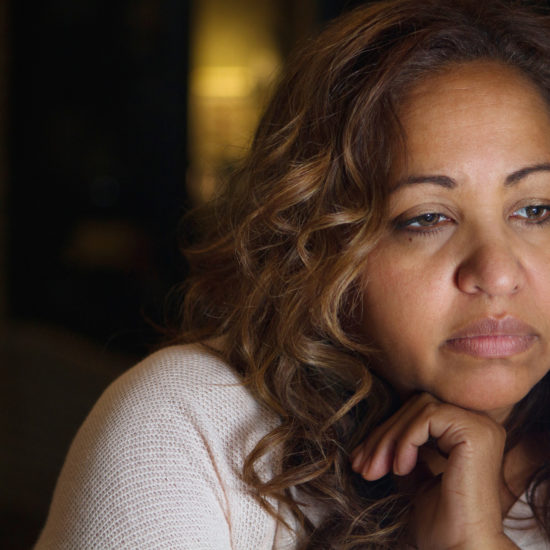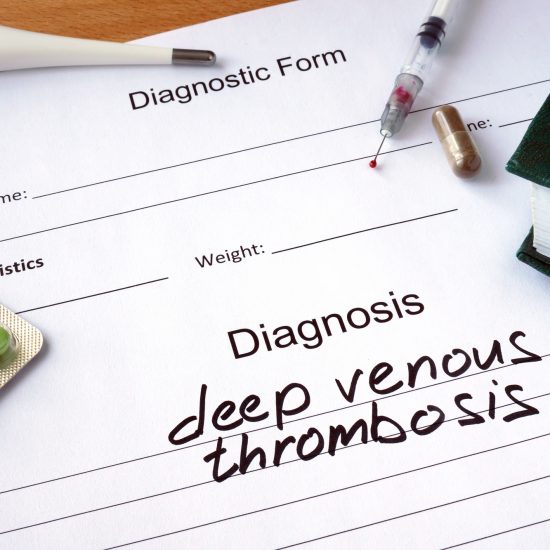5 Dangerous Medication Mishaps
 100,000 people die each year due to medication mistakes and 1.5 million become sick or injured due to improper use. Many of these deaths and injuries are accidental. It’s shocking that the public is unaware of how to use prescription and over-the-counter medicines safely. Read about these medication mistakes and enlighten yourself on how to safely use medications. Here are dangerous medication mishaps!
100,000 people die each year due to medication mistakes and 1.5 million become sick or injured due to improper use. Many of these deaths and injuries are accidental. It’s shocking that the public is unaware of how to use prescription and over-the-counter medicines safely. Read about these medication mistakes and enlighten yourself on how to safely use medications. Here are dangerous medication mishaps!
Age – One mistake people make is that they forget to ask their doctor or pharmacist if certain medications are safe for certain age groups. Many doctors are still uninformed about medications that cause risks to elders and children. Older adults process medication differently, and they are at an increased risk of problems like dementia, dizziness, falling, and high blood pressure. Some drugs can increase these risks and are more likely to cause dangerous side effects in people older than 65. To avoid this problem, check with your doctor and the Beers List before taking any medication you are unsure of.
Similar Medications – Many medications have similar appearances or names causing medications to accidentally be misused. The doctor’s handwriting may be hard to read, or the name of the drug could be incorrectly placed into the computer. The pharmacist could even grab the wrong medicine off the shelf as most pharmacies are organized alphabetically. For example, it is easy to mix up Proloprim and Proferrin; however one medication is an antibiotic used to treat infections, and the other is an iron supplement. To avoid this costly mix-up, ask your doctor to tell you the name of the medication after he or she writes it down. After receiving your medication at the pharmacy, check the prescription label and directions to make sure you received the correct medicine.
Combining Medications with Similar Side Effects– All drugs have possible side effects, but if you take two or more medications at the same time without consulting your doctor, they can interact with each other and cause unwanted or dangerous effects. Some drugs, including ones that involve blood pressure and dizziness, can magnify the other’s potential effects. If you are taking a drug with the potential side effect of high blood pressure, and then you are taking a medication with the same possible effect, your blood pressure will become dangerously high. If you combine medicines that may cause dizziness, it can lead to falls and fractures. Before taking any combination of medicines, talk to your doctor about their possible effects and reactions with each other.
Combining Medications with Similar Components- It’s easy to accidentally combine medications with similar effects or properties. You might be taking one medication for pain, one for anxiety, and another for insomnia – but little do you know that they are all sedatives and can cause toxic effects when taken in large doses. The risk for overdose is highest in drugs that are designed to deal with the central nervous system. Narcotic painkillers and sedatives are examples of these. To avoid accidental overdose, tell your doctor before taking any new prescription medication about all prescription and over-the-counter medication that you are already using.
Mixing Alcohol with medicine – Many people don’t realize the dangers of alcohol in general, let alone the dangerous medication mishaps. Alcohol can be a deadly poison when taken with painkillers, sedatives, and other medications. Many experts now believe that there should be no alcohol consumption with any medication because alcohol can decrease the effectiveness of any medication or increase the risk of side effects. Alcohol can cause a dangerous reaction with over-the-counter drugs like Benadryl and cough and cold medicines. The cough and cold medicines can also contain alcohol themselves – so you can end up with alcohol poisoning. Other drugs like antidepressants can cause a dangerous rise in blood pressure when mixed with alcohol, and some sedatives like Ativan or Valium can depress the heart rate enough to cause a coma when taken with alcohol.
Also Read
4 Crucial Tips For Taking Medication


